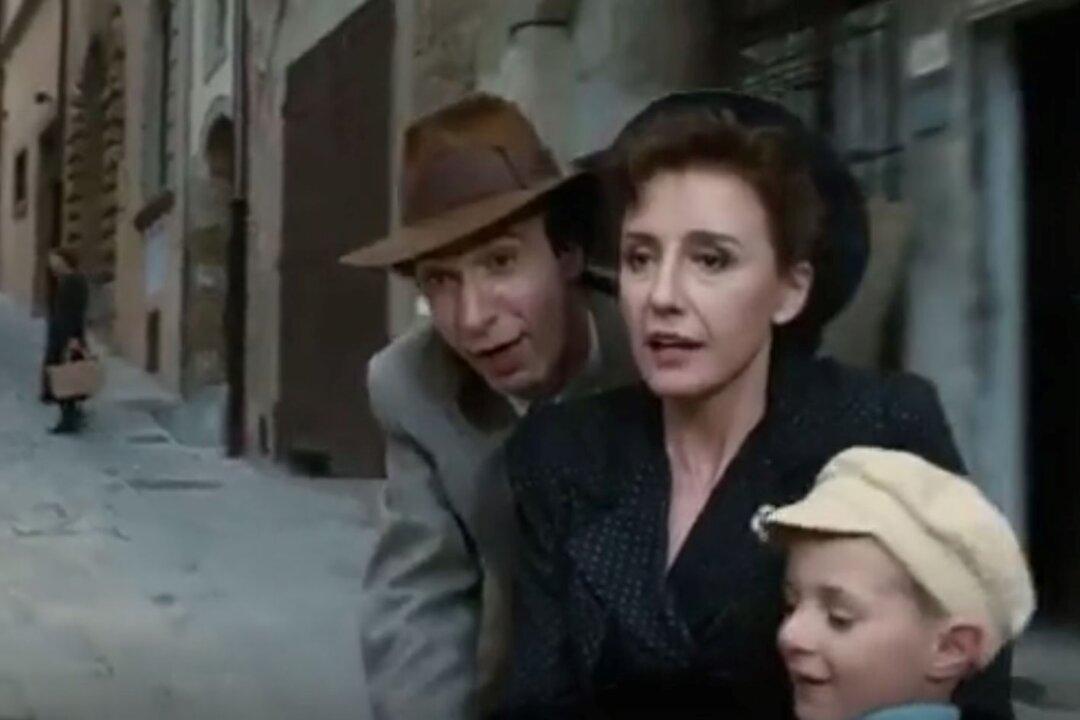PG-13 | 1h 56min | Comedy, Drama, Romance | 1997
Comedies that feature sensitive topics such as the Holocaust used to be more common. When done right, filmmakers with their hearts in the right place (and the talent to pull it off) have always known that comedy is a great way to not only break down barriers between people but also provoke discussion and draw attention to important historical events and causes.






